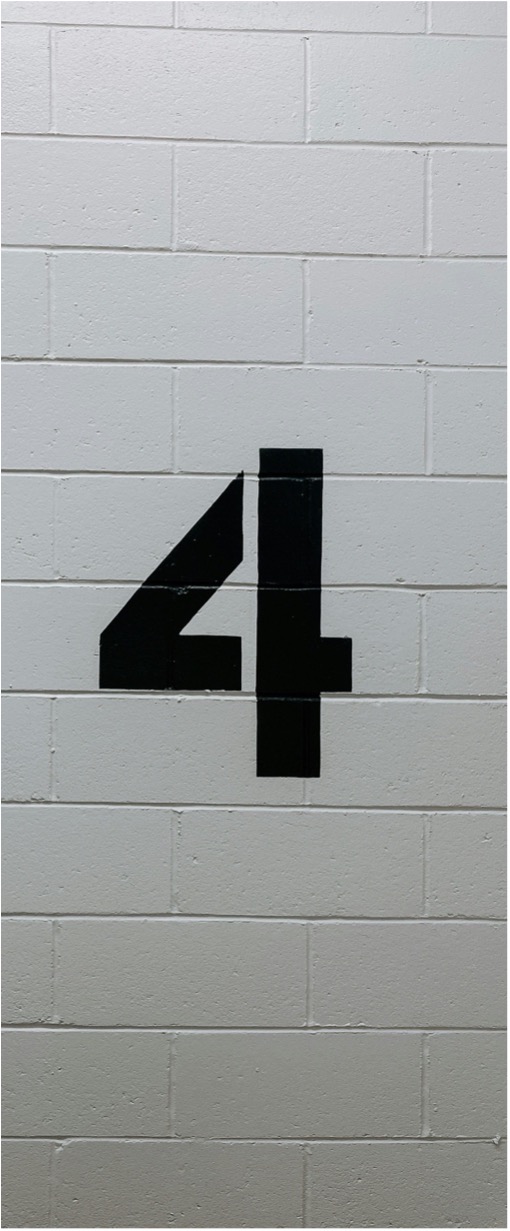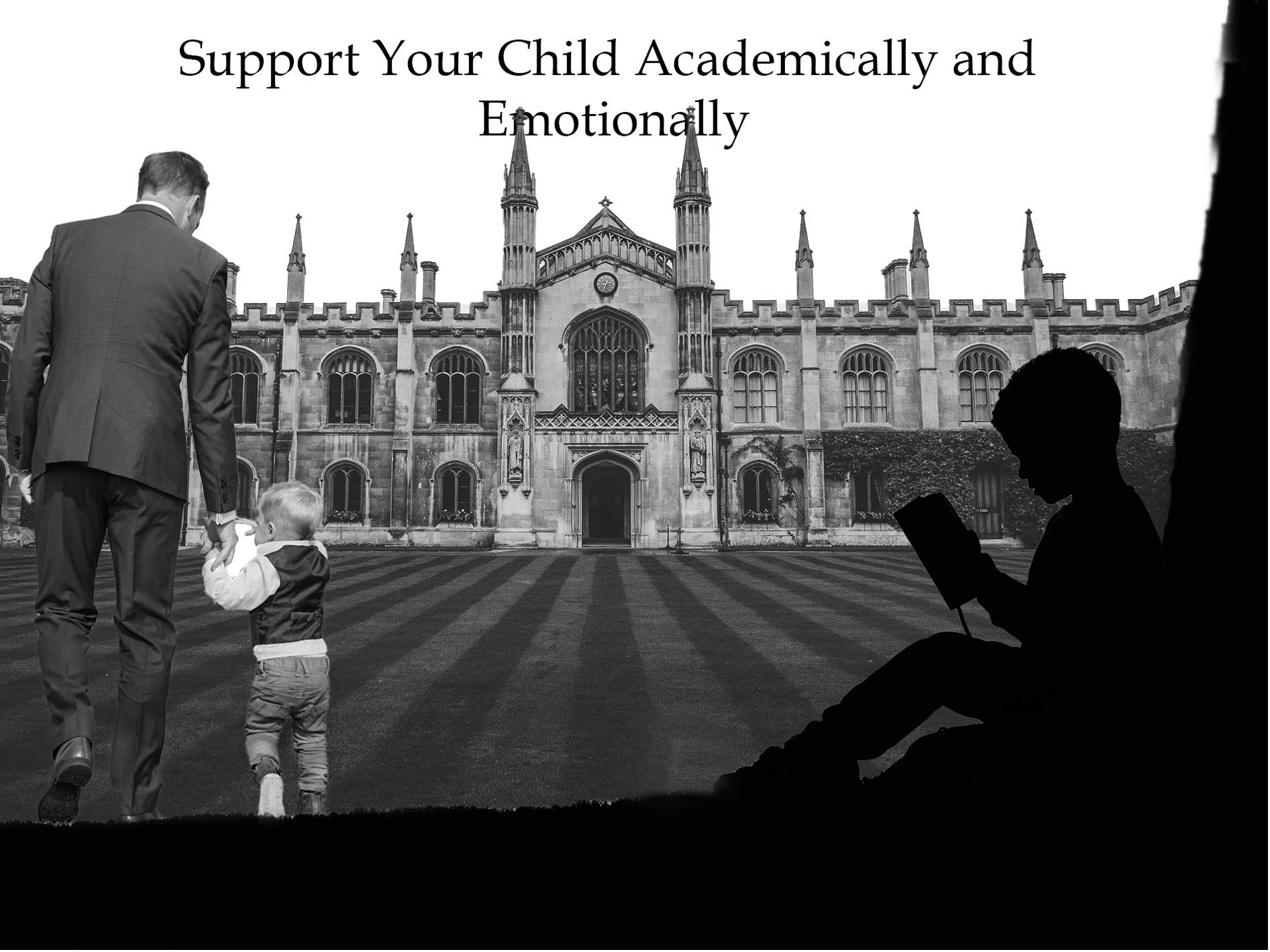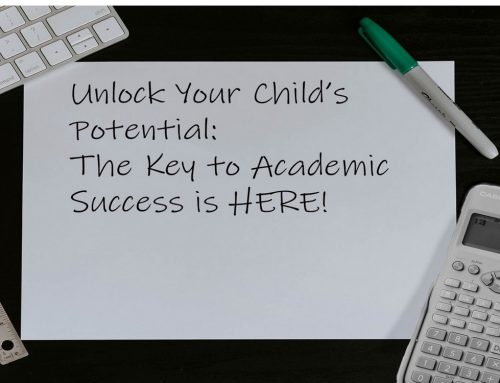All you need to know about accommodations and concessions within private and government schools.

The school environment is very demanding of learners. More and more learners are being diagnosed with disorders which can cause barriers to learning.
Our children and their futures are very important to us and making sure that they have the upmost support academically is a top priority. The best way to support them is to be informed and educated about academic challenges and what we can do as parents to aid in the success of our children. Ask yourself the following questions:
- Is my child clever, but not achieving to the best of his/her ability?
- Does my child have any underlying medical condition(s) such as anxiety, depression, or attention deficit disorder (with or without the prevalence of hyperactivity) which may impact how they perform academically?
- Do I really know what my child’s reading and comprehension abilities are? Test this by asking them to read a paragraph from their textbook and ask them follow-up questions about what they have just read.
- Does my child work slowly, have illegible handwriting and/or have challenges with spelling?
According to Education White Paper–6: Special Needs and National Policy Act, 1996 – special support is available to learners who experience learning- and assessment barriers. It also states “… for a specific phase in the learner’s life as the need arises” the school must accommodate the learner’s special needs.
Support is provided in the form of accommodation/concessions.
Who qualifies for accommodation?
Learners who qualify for accommodation are those who have barriers to learning and assessment with any illness, handicap, or unique situation that makes it difficult for the student to demonstrate their knowledge in a way that is appropriate for tests or exams and that keeps them from providing an accurate assessment of their knowledge or abilities.
But what are barriers to learning?

You may be asking yourself this question: “What are barriers to learning and assessment?”
Barriers to learning and assessment is anything that stands in the way of academic achievement and accessing your fullest potential.
The most common barriers to assessment are grouped together and are the following:
Group 1: Physical barriers
- Deafness
- Hard of Hearing
- Visual impairment
- Those who are physically disabled etc.
Group 2: Neurodevelopmental disorders
- ADD/ADHD
- Autism Spectrum Disorder
Group 3: Mood and Related disorders
- Anxiety Disorders
- Major Depressive Disorder
Group 4: Learning Problems (verbal and non-verbal)
- Reading problems – Slow reading or dyslexia
- Spelling problems – Dyslexia
- Handwriting problems – Dysgraphia
- Mathematical problems – Dyscalculia
- Slow working tempo
- Poor written expression – struggles to “put their thoughts on paper”
What are concessions and accommodations, and how will it be beneficial to my child?

Accommodations include the following:
Additional time (which is 5 – 20 mins per hour depending on assessment recommendation); reading to the learner(s); planning aid (prompter); enlarged print; separate venue; scribe (amanuenses); reader and scribe; personal assistant; computer; resting breaks; braille; rephrasing (new name: adaptation of questions); dictionary; interpreter; medication and other appropriate support.
These serve as aids to your child so that they have the best chance of reaching their goals and overcoming hindrances to their academic success.
How do I apply for accommodations?
To apply for accommodations/concession you will need a full psycho-educational report which is dependent on the condition or disability of the learner.
It is recommended that the learner to first visit an Educational Psychologist or School Counsellor for a screening test. The screening will determine the learner’s reading age, reading speed, comprehension of reading material, spelling ability, writing speed, and ability to express their thoughts when writing.
The result of the screening test will indicate if a full psychoeducational assessment is required. The report generated from the screening test usually includes clinical observations, psychometric assessment, and other relevant information.

Important:
No learner will be considered for accommodations and concessions without the proof of the screening assessment, psychoeducational report, and the supporting evidence from the teacher.
It is also recommended that applications are submitted in the first term of the year.
It is important that you do not wait until your child is in Grade 12 before starting the process, as a history of the problem is usually required.
Learner’s needs and abilities change over time; therefore, reapplication is required for each phase of schooling, namely:
- Foundation phase, starting in grade 1
- Intermediate phase, starting in grade 4
- Senior phase, starting in grade 7
- Further education and training phase, starting in grade 10
- And again, in grade 12
The process and procedures are applicable for both Private & Governmental schools
I urge you to please attend to your child’s academic needs immediately and within the first month of 2024 – please do not linger!
TAKE ACTION!, be proactive and contact Dr Leonora de Villiers now to book a screening assessment!



